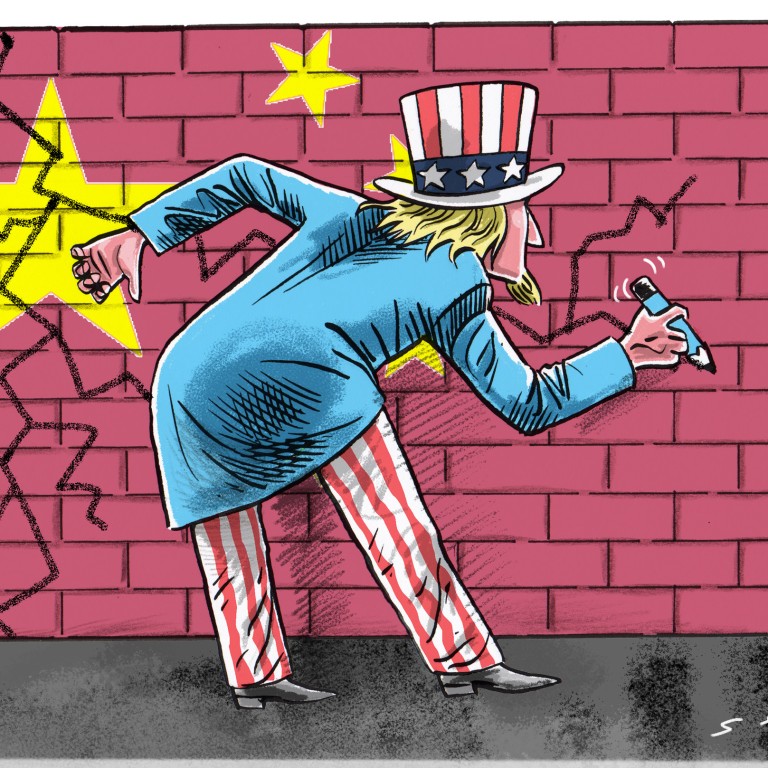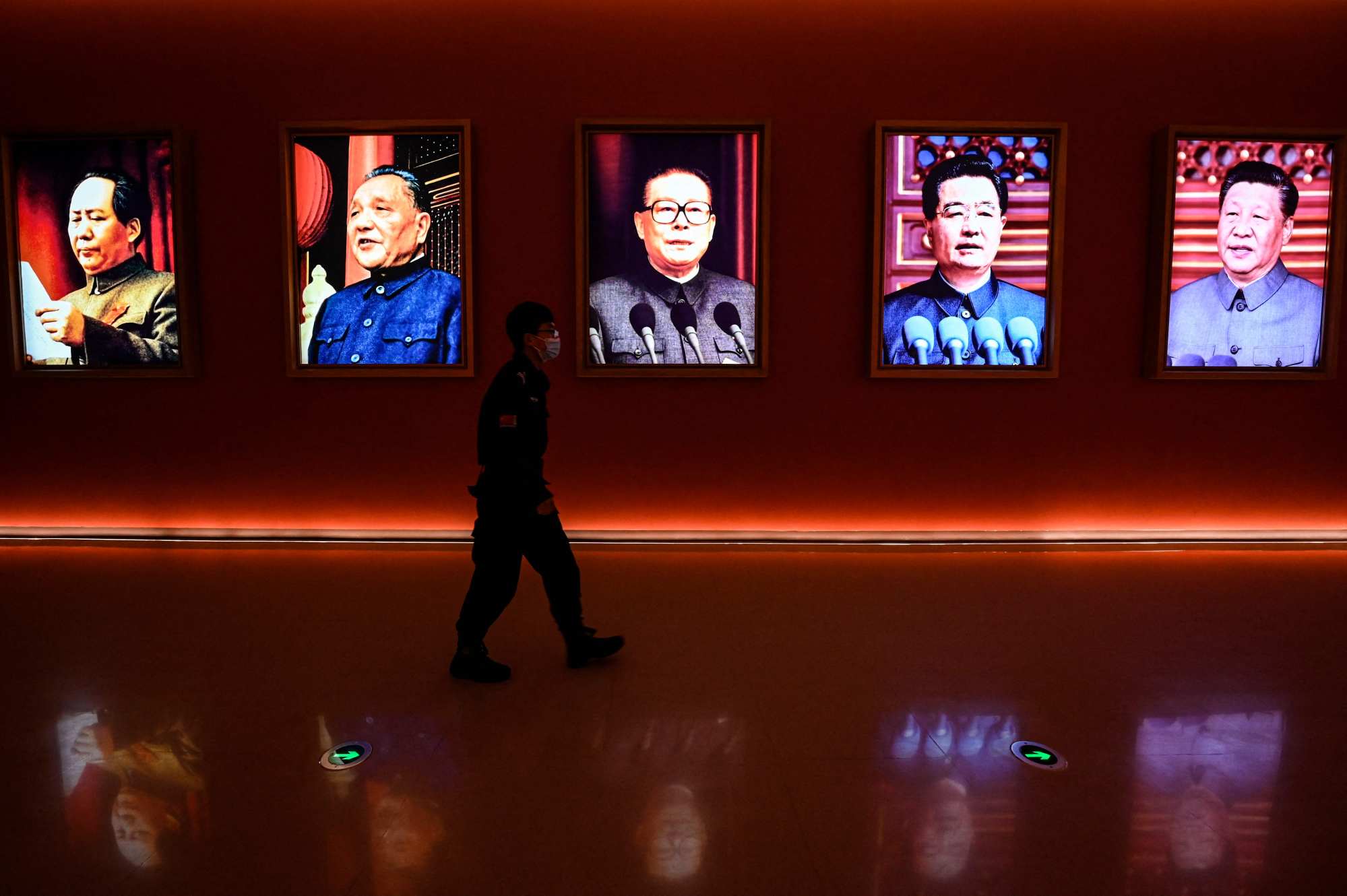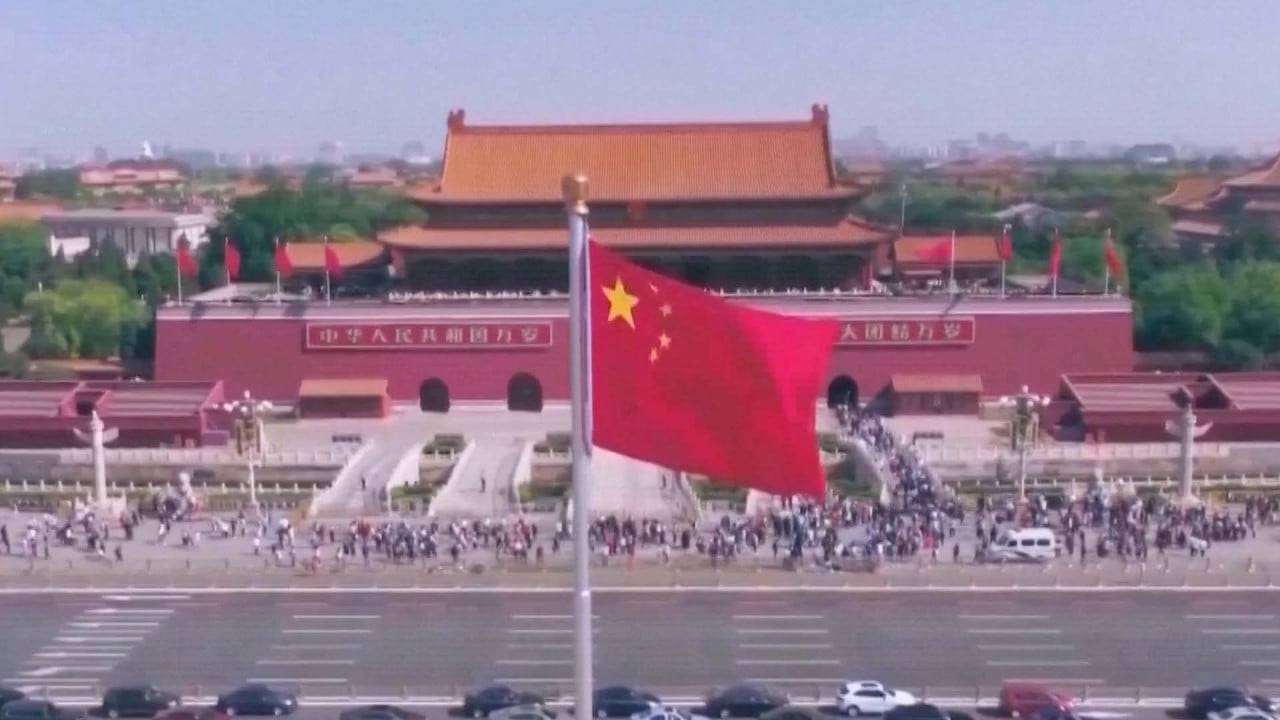
From Taiwan to the economy, the West is being overly pessimistic about Xi Jinping’s China
- The West fears a reverse of economic reforms, sees a lack of political progress and accuses Beijing of becoming aggressive and provocative, particularly on Taiwan
- Yet America’s China-bashing is closely linked to its domestic politics, and accusations of Chinese sabre-rattling must be seen in the context of US provocations
There is an enormous amount of animosity in Western media towards Chinese President Xi Jinping’s purported power grab: Xi has been depicted as a Maoist ideologue who cares about nothing but absolute control of the party and economy.
Some China observers predict that Xi will reinstate a centrally planned system, dismantling or rolling back the free market reforms of the last four decades. These perceptions will prove excessive and simplistic.
First, although Xi will run the country with an iron fist, this does not mean overturning the policies that have produced economic prosperity. He understands the legitimacy of his rule is crucially dependent on delivering economic well-being. It would be sheer stupidity to reverse the pro-market economic policies that have worked.
Fourth, there seems to be runaway pessimism over the Chinese economy, with economists casting doubt on whether China can even grow at 2.5 per cent over the longer run. I am doubtful they will prove correct.
Since the pandemic started, China’s economic growth has averaged 4.7 per cent, 2 percentage points below its pre-pandemic trend. This rate of growth was delivered despite the draconian zero-Covid policy and restrictions on population mobility.
Deng Xiaoping, the architect of China’s economic reforms, said the party must have “two tough hands”: one for economic reforms and the other to reinforce party leadership. It does not make much of a political difference whether China is run by Xi or someone else.

Finally, a popular narrative from the West is that China’s foreign policy under Xi has become aggressive and provocative. This cannot be further from the truth.
America’s China-bashing is closely linked to American domestic politics. During his 2020 presidential campaign, Donald Trump blamed China squarely for the problems facing American society, deflecting from his disastrous handling of the pandemic.
Why an accelerated US-China tech decoupling is truly worrying
Beijing views this as America’s thinly veiled efforts to encourage Taiwan’s independence. Most American politicians don’t know or don’t care to know that Taiwan’s official breakaway from the mainland will drive the Chinese government to a corner.
Politically, no Chinese government will survive if Taiwan officially becomes independent. A military takeover would be the only option to avoid a total meltdown of public trust in the party, even if it means a wider war with the United States.
Chen Zhao is founding partner and chief strategist of Alpine Macro


